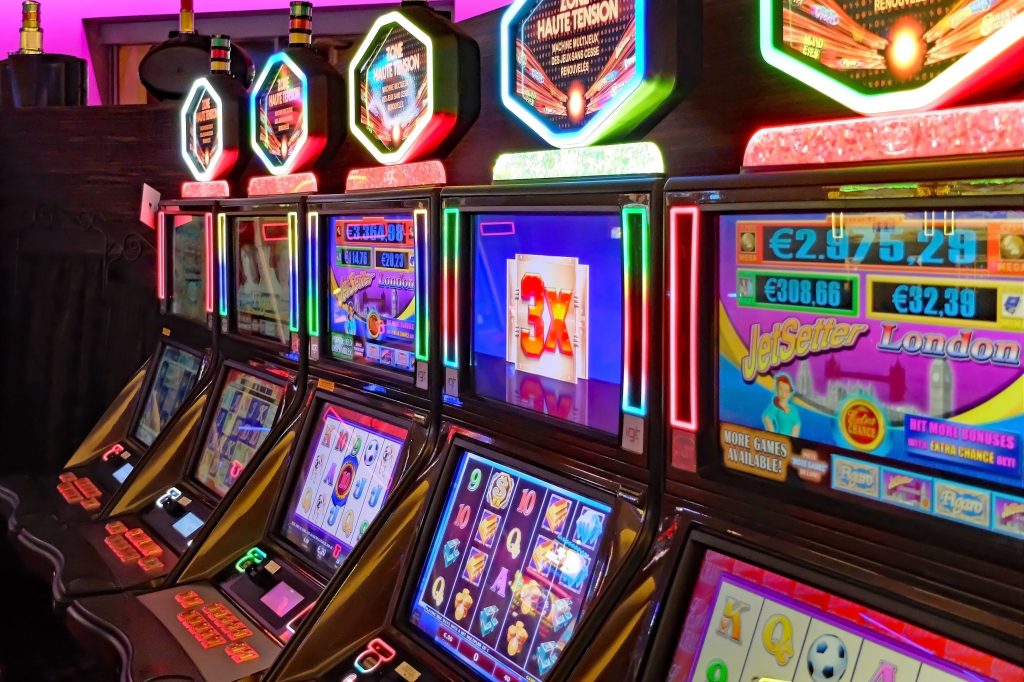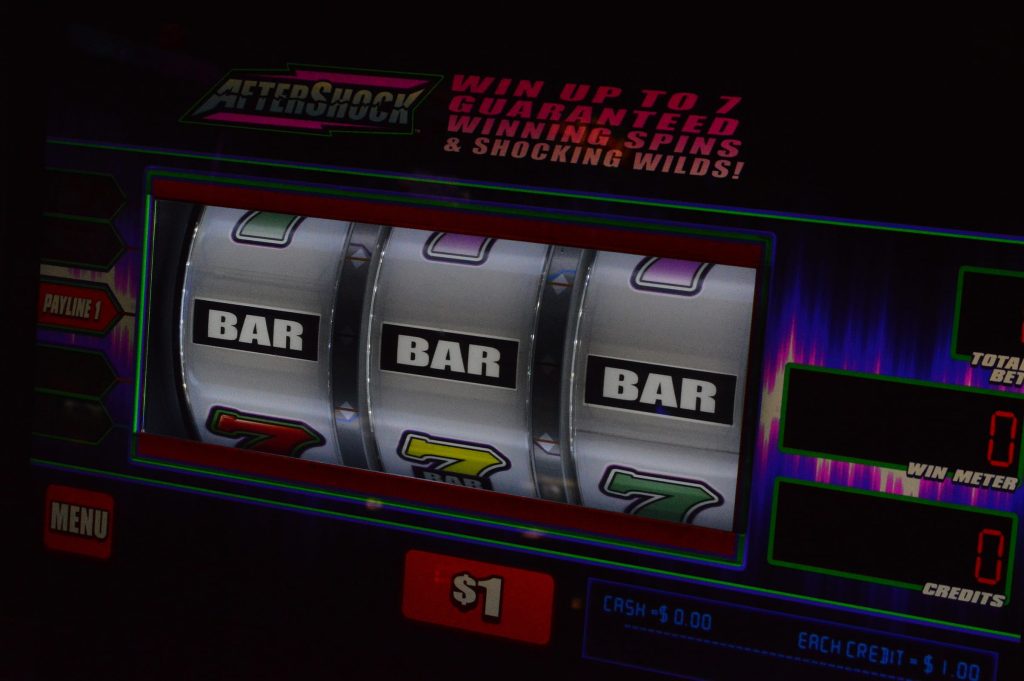Casinos can seem like mystifying places, with flashing lights and excitement around every corner. Understanding some of the key statistics, particularly related to payout percentages and return to player (RTP) rates, can help demystify casinos and allow players to make more informed decisions. This guide will explore what these terms mean, how they are calculated, and how this information can be useful for casino patrons.
What is the Payout Percentage?
The payout percentage refers to the percentage of money wagered that is paid back to players over time. This number represents the house edge – the statistical advantage casinos have over players. Payout percentages are determined by regulators and auditors who analyze data over thousands and sometimes millions of spins or hands of a game.
While individual players may experience wide swings of luck in the short term, over billions of bets the actual return to players remains remarkably close to the published payout percentage. Even small differences in payout percentages between casinos or games can have a significant long-term impact on player bankrolls.
Payout percentages exist as overall averages for entire casinos as well as for individual games. Comparing game payout percentages between casinos can help players make informed decisions about where to play to maximize potential returns.
Understanding Return to Player (RTP)
Closely related to payout percentage is the concept of Return to Player (RTP). RTP is expressed as a percentage representing the theoretical return that players can expect from a game based on its pay table and rules.
For instance, if a game has an RTP of 95%, this means that for every £100 wagered, on average £95 will be returned to players as winnings over time, with the casino retaining £5. Comparing RTPs can help players identify games with better returns.
It’s important to note that like payout percentages, RTP represents long-term results over thousands or millions of spins or hands. Individual play sessions may see results that vary dramatically from a game’s RTP – both positive and negative. RTP should be understood as a useful statistic when comparing options, not as a guarantee of short term profits.
| Game | Average RTP Range |
|---|---|
| Slots | 90-98% |
| Roulette | 94-97% |
| Blackjack | 99%+ (with perfect strategy) |
| Baccarat | 98.5% |
| Poker | Varies based on skill |
Payout Percentages for Common Casino Games
Payout percentages and RTPs vary significantly between different casino games. Here are some averages for popular games based on averages across major markets like the UK and Europe:
Slot Machines – These ubiquitous casino games tend to have payout percentages ranging from 90-98%, with an average around 94-95%. Individual slot games can vary in either direction. Progressives tend to start lower but offer life changing jackpots.
Roulette – Roulette offers some of the most consistent RTPs across casinos – generally from 94-97% depending on the variant. Single zero games like European Roulette tend to have slightly better RTPs than double zero American Roulette.
Blackjack – When played with perfect basic strategy, blackjack generally offers RTPs over 99%. The house edge comes from player errors boosting payoffs on player busts. Variants like Spanish 21 have RTPs around 98% due to rule changes.
Baccarat – Like roulette, baccarat RTPs are very consistent across casinos at right around 98.5%. The low house edge comes primarily from the banker bet requiring a 5% commission on wins.
Poker – As a game of skill against other players rather than against the house, RTPs for poker vary dramatically based on individuals’ skill levels. Jackpot variants add a casino edge.
How Casinos Determine Payout Percentages
Casinos don’t leave setting payout percentages up to chance. Careful mathematical analysis and regulation determines these key numbers. Here is an overview of how it works:
- Government regulators audit and verify that games pay out accurately as stated.
- Manufacturers extensively test games to confirm published RTPs and variance.
- Casinos analyze data across billions of spins/hands to confirm averages match published rates.
- Software platforms allow remote adjustment of payout percentages if needed.
- Executives set overall payout targets based on business goals, competition and regulations.
- On the floor, table maximums prevent erratic results from large bets.
While nightly or weekly results may fluctuate, over the lifetime of a machine or table game the payout percentage inevitably converges on the expected figure. This provides predictability for both casinos and regulators, ensuring the house maintains its mathematical edge.
Comparing Payouts Between Casinos
While games generally have similar RTPs across casinos, small variations can have a meaningful impact over thousands of bets. Here are some tips for comparing overall and game-specific payouts:
- Government or third party audits like eCOGRA provide verified global averages for comparison.
- Annual reports detail overall actual payouts across all games in a casino.
- Checking for high RTP options like 99%+ payout blackjack or European roulette can be telling.
- American vs European roulette offers an obvious distinction in one game.
- Online casinos allow easy payout percentage sorting for slots – seek 97%+ options.
- If all else fails, consider betting minimums – lower bets generally mean lower payouts.
While not a guarantee, identifying casinos with higher payouts gives players the best statistical chance to come out ahead in the long run. Avoiding games or casinos with payouts below industry averages helps protect bankrolls.
Using Payout Knowledge to Your Advantage
While understanding payout percentages won’t guarantee you a jackpot, having this background allows making betting decisions to maximize your potential. Some tips for using payout knowledge to your advantage:
- Identify and play high RTP versions of your favorite games – seek out full pay video poker and European roulette when possible.
- Take advantage of loss rebates and bonuses from online casinos – these promotions effectively boost RTPs.
- Avoid handheld slots near casino entrances which tend to have lower payback settings.
- Focus play where possible on bets with low house edges – banker in baccarat, pass line in craps.
- Learn optimal strategy for beatable games like blackjack and poker.
- Set loss limits and don’t chase losses based on a mistaken belief you are “due” to win.
While it may seem daunting, a little knowledge about payout percentages and RTPs can go a long way to improving your overall results and avoiding common mistakes. Over time, small differences add up significantly.
All in all, the flashy lights and sounds of casinos can be confusing, but understanding key statistics around payout percentages and RTPs brings a sense of order to the chaos. While short term results rely heavily on luck, these averages inevitably assert themselves over hundreds of thousands of spins and hands. By identifying games and casinos with payouts better than competitors, players gain a mathematical edge to improve results over time. While nothing is guaranteed, having the payout percentages working in your favor provides the best opportunity to walk away from the casino with extra cash in your pocket. Fundamentally, gambling should be a recreational and fun experience, not a financial investment. Keeping play within affordable limits according to predetermined budgets allows enjoying casino games stress-free. Players with the discipline to play responsibly stand the best chance of coming out ahead in the long run.



